After being rescued, survivors in the Mediterranean sea are very anxious to inform their loved ones that they are alive. TSF’s solution enables them to send a predefined, safe message and reassure their family.
To escape violence and harsh living conditions, many men, women and children flee their countries and attempt to cross the Mediterranean to reach Europe. By the time they reach the Mediterranean sea, most of them have already faced dangerous situations and sometimes human rights violations.
The crossing’s conditions are perilous, and boats often capsize, causing many drownings every year. Search and rescue (SAR) NGOs identify boats in distress and rescue people in immediate danger.
No means to inform their loved ones they survived
By the time they are reached by SAR teams, the men, women and children in distress have struggled for several long, terrifying hours, fearing for their lives. They are cold, scared and exhausted after this traumatic experience, and the many acts of violence, torture and human rights violations they most certainly suffered during their journey. One of the first things they need is to tell their families that they are alive.
But often, they have lost their devices, or have no network. They know that their silence means fear and anxiety on their family’s side, and until the NGO’s boat reaches the port, which can take several days, they aren’t able to reassure them.
“Being unable to inform their loved ones that they survived the journey and are safe, is a major stress factor for survivors before they arrive in a place of safety.”
- A SAR staff member
A message to loved ones: psychological relief for survivors
In partnership with search & rescue NGOs, TSF has created a humanitarian notification system that enables rescued people to securely inform their families that they are safe through a predefined message.
Being able to reassure their family is an important psychological relief for rescued people, as well as for their families.
“The main thing that plagues your thoughts is the desire to reach your parents and family to tell them that you are finally in safe hands. Unfortunately, you are denied the sound of their voices, but you are able to send them a message to let them know that you are on the ship and that you are okay.”
A person rescued by the NGO Sea-Eye, who was able to send a message with TSF’s solution.
Search and rescue staff use TSF’s one-way notification system and guide survivors as they send the message: they choose their language, enter the number they want to reach, their first name, and are able to send the predefined message to their family. For safety and privacy reasons, the message cannot be edited, cannot be replied to, and no personal information is stored.
Since the start of the project, more than 4,200 people were able to tell their families that they were alive.
“It’s wonderful – you should see the faces of the people after they send the message!”
A SAR staff member






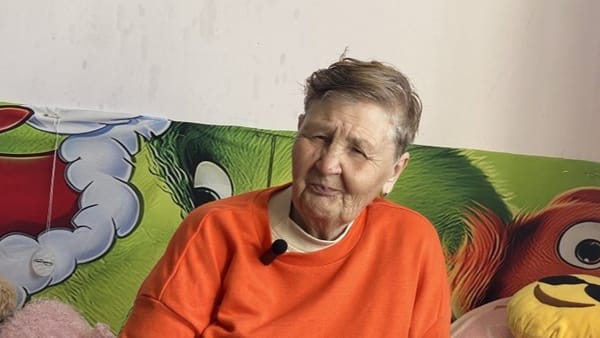
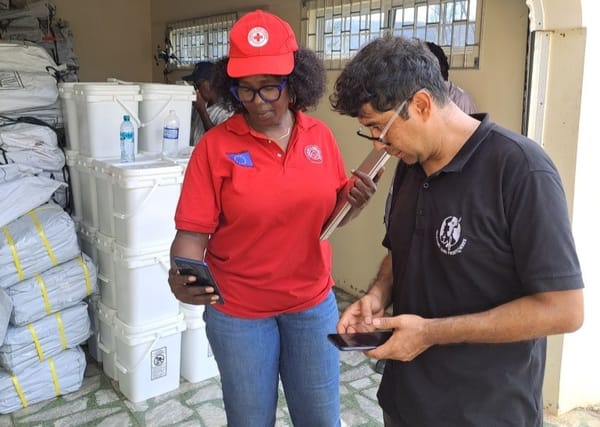
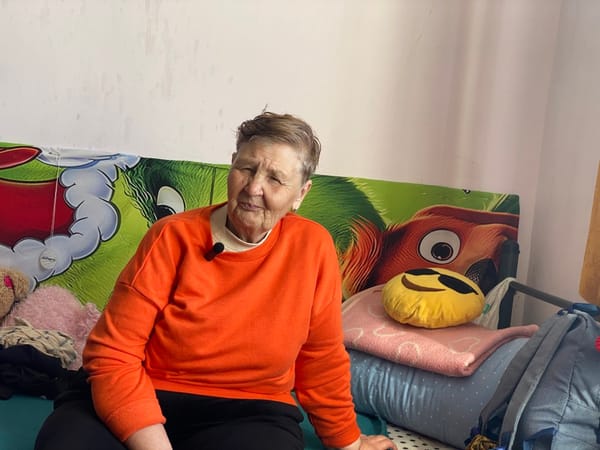
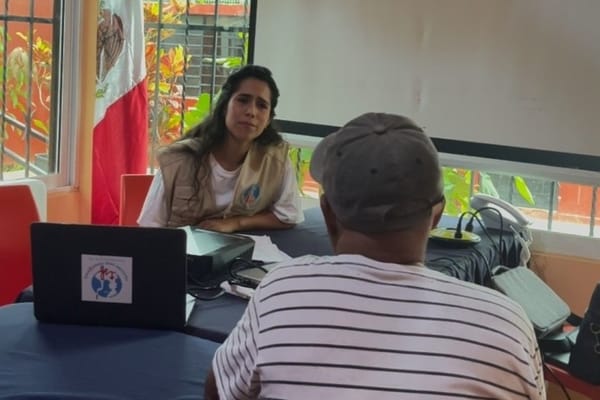
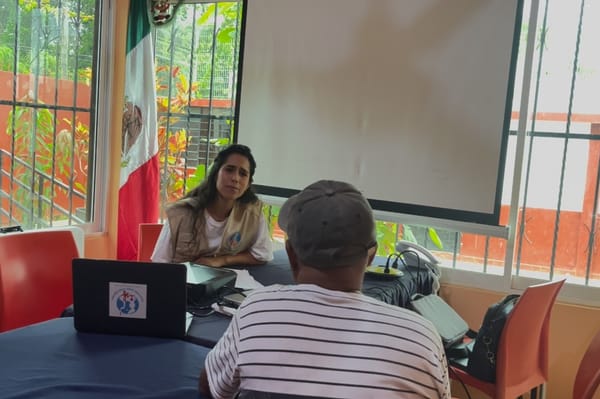
Member discussion